ventricular tachycardia (VT)
Ventricular tachycardia (VT) is an independent rhythm that comes from the bottom chambers of the heart, and VT mostly occurs due to underlying heart disease.
It most commonly occurs following a heart attack when the area of the heart that has been affected by the heart attack, heals and forms circuits for the rhythm within scar tissue. It can also occur in other conditions that cause scar in the ventricles by other processes. VT in this situation can be extremely serious and is life threatening leading to cardiac arrest. For this reason, those who are deemed at risk of VT or have suffered from VT before are recommended to have an implantable defibrillator.
The treatment of VT is usually with antiarrhythmic drugs to start with and then if required, catheter ablation can also be undertaken which is an effective means of long-term control of the arrhythmia.
I have a special interest in treating VT. For my 3-year post-doctoral research, I worked on developing a new system to rapidly locate the origin of this heart rhythm when performing a procedure called catheter ablation which was published in top cardiology journals internationally. I also studied at the world-renowned UCLA cardiac arrhythmia centre where they also pioneer the treatment of this heart rhythm problem.
Together with my colleague Dr Magdi Saba at St. George’s Hospital, we run the Advanced Ventricular Arrhythmia Training and Research (AVATAR) programme. We routinely perform the most complex ablations as a 2 consultant team on patients referred from other hospitals to the programme, patients are referred to us nationally and internationally. We offer epicardial ablation (ablation on the outside surface of the heart), we are also one of the few centres worldwide to offer bipolar ablation and cardiac sympathectomy to treat the most complex of patients – often those that have had unsuccessful procedures already. The AVATAR programme has 2 full time registrars (senior training grade doctors), one dedicated to research (MD/PhD) and one that we train in the most complex ablation techniques as well as a research nurse, all of whom enable us to publish research in this field.
This means that we are operating at the forefront and bring the most up to date techniques to our patients in an environment of excellence in care.
If you have been diagnosed with VT and would like an expert opinion, I would be delighted to help you and where appropriate offer cutting edge treatments.


